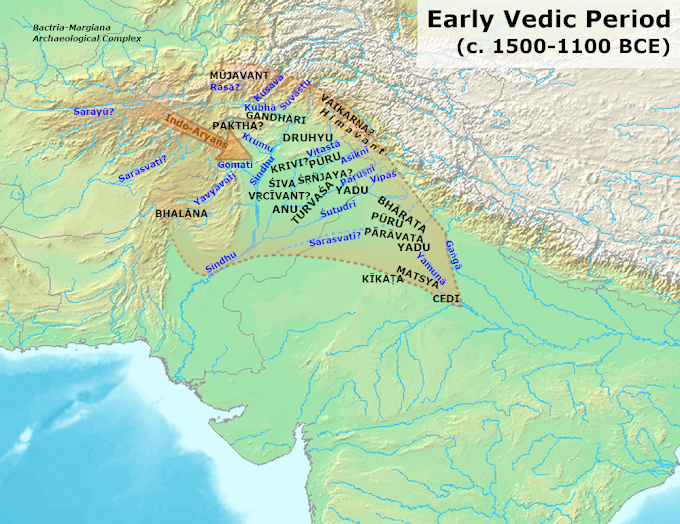Philosophy and education,
seemingly distinct disciplines, are intricately intertwined, forming the
foundation of our understanding of the world and our place within it. These two
realms, while each having its own focus and methodologies, are fundamentally
connected, sharing a symbiotic relationship that enriches both fields. This
relationship can be aptly described as two sides of the same coin, as they
influence and shape each other in profound ways.
The Essence of Philosophy:
At its core, philosophy seeks to explore the fundamental
questions of existence, knowledge, ethics, reality, and the nature of
the human experience. Philosophers engage in critical thinking, rational
analysis, and contemplation to delve into these inquiries. They construct frameworks
of thought that guide our understanding of reality, ethics, and the purpose of
human life. Philosophy encourages us to question assumptions, seek
deeper truths, and engage in discourse that challenges our perspectives.
The Purpose of Education:
Education, on the other hand, is the
deliberate process of transmitting knowledge, skills, values, and cultural
heritage from one generation to the next. It aims to nurture holistic
development, empowering individuals to lead fulfilling lives and contribute
meaningfully to society. Education equips us with the tools to
comprehend the complexities of the world, make informed decisions, and engage
with diverse ideas and perspectives. It fosters critical thinking, creativity,
and personal growth.
The Interplay:
The relationship between philosophy and education
is reciprocal and synergistic. Philosophy provides the conceptual
framework that underpins educational systems and methodologies. It
shapes the goals of education by defining what knowledge is valuable,
what skills are essential, and what values should be emphasized. For instance, philosophical
debates about the nature of knowledge have led to various educational
theories, such as constructivism or experiential learning.
Conversely, education serves as the practical application of
philosophical ideas. It takes abstract concepts and translates them into
tangible experiences and lessons. Philosophical ethics guide the
development of moral education, while metaphysical ponderings influence how we
approach subjects like science and the arts. Education grounds philosophy
in real-world contexts, making it accessible and relevant to everyday life.
Holistic Development:
The integration of philosophy and education contributes to
holistic personal and societal development. A philosophical approach to
education encourages students to think critically, ask meaningful questions,
and explore diverse perspectives. It nurtures curiosity and a sense of wonder,
fostering a lifelong love of learning. Moreover, philosophy helps educators to
reflect on their teaching methods and ethical responsibilities, leading to more
thoughtful and effective pedagogies.
Challenges and Future
Prospects:
While the relationship between philosophy
and education is inherently beneficial, challenges exist. Balancing the
idealistic aspects of philosophy with the pragmatic demands of education can be
complex. Additionally, the evolving landscape of technology and cultural shifts
requires constant reevaluation of educational philosophies and approaches.
Looking ahead, the integration of philosophy and
education will continue to evolve. As new ethical dilemmas emerge and
society grapples with complex issues, philosophical discourse will shape how
education addresses these challenges. Furthermore, advancements in cognitive
science and educational psychology will inform how philosophy is applied to
optimize learning outcomes.
Philosophy and education are
indeed two sides of the same coin, intricately connected and mutually
enriching. Philosophy provides the intellectual underpinnings that guide
educational goals and methods, while education brings philosophical ideas to
life, making them accessible and applicable. This dynamic relationship contributes
to the development of critical thinkers, lifelong learners, and engaged
citizens who are capable of navigating the complexities of our ever-changing
world.







0 Comments